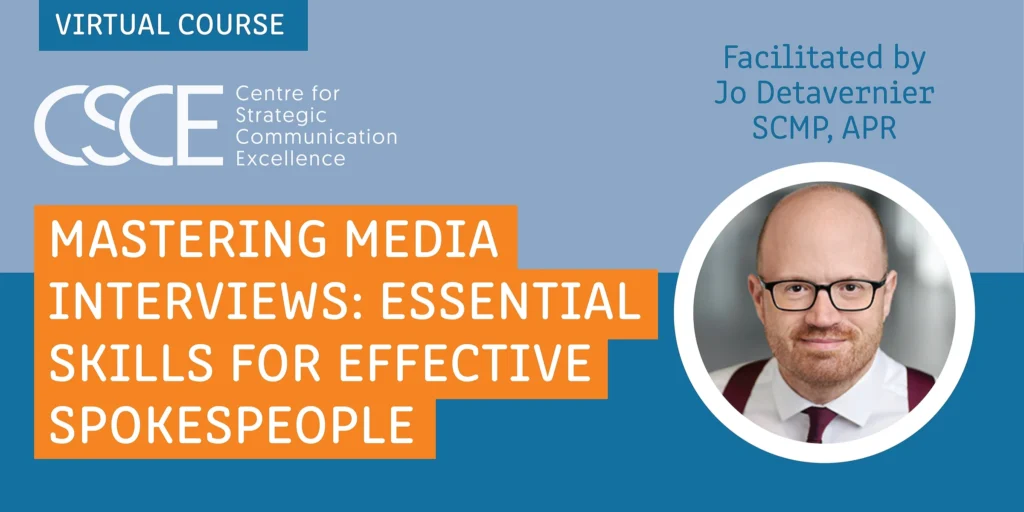It’s not just the boards who benefit.
In today’s boardrooms and C-suites, there is an increasing demand for the skills and expertise that communication professionals have in abundance.
A joint study by Harvard Business Review and Russell Reynolds of senior-executive role descriptions found that while the management of financial and operational resources were still relevant, having strong social skills was the most frequently desired qualification.
The study found that in the 21st century, organisations need executives who can listen and communicate well, infer how others are thinking and feeling, facilitate the exchange of ideas and deal with an ever-widening range of stakeholders from activists to Ministers.
Executives need to be comfortable as public figures in a world dominated by social media, networking technologies and channels that don’t lend themselves to being easily controlled.
They need to be effective at communicating information, harnessing technology, both building and shrinking teams, identifying problems and then working out how to solve them.
Increasingly, researchers are identifying a trust crisis in our top institutions. CEOs and Chairs see stakeholder issues as amongst the most critical for the organisations they serve.
People-first governance is an essential attribute at the board table.
Sounds familiar?
That’s why, according to the Governance Institute of Australia’s 2024 Board Diversity Index, around 5% of the directors of ASX300 companies are experts in marketing, media and communication, compared with 4% in property, 2% in government and 1% in HR/change.
Of course, 5% isn’t a consequential proportion. Directors with financial, legal and technology backgrounds still dominate board tables.
But it’s a good starting point. And it’s growing.
So how do you get started?
Boards are seeking directors whose interests align with their purpose and activities. There may be some elements of your personal or professional life that could be highly relevant. A track record of volunteering with not-for-profit organisations, memberships of certain clubs or societies, or experience with committees in your workplace, can all be favourable to your application.
Often, Boards are looking for directors with experience in specific industries, sectors or geographic locations, regardless of seniority. Your role title or the organisations for whom you have worked, alongside the accomplishments associated with your roles and the time you have spent in specific industries or locations, are all relevant.
There are many job boards and recruitment agencies who specialise in board positions. They frequently run networking events, training opportunities and can provide valuable advice to first-time directors.
It is also worth considering joining a sub-committee to kick-start your board career. Often these committees provide a valuable insight into the way a board operates, giving you access to the existing directors, and can help you decide whether you’d be a good fit.
What skills do I need?
For those communication professionals who are ambitious about a seat at the board table, there are many ways to find good coaching, training or advice.
It’s important to acknowledge that the work-life balance issue remains daunting. There is no easy solution.
Navigating a C-suite or a boardroom can feel overwhelming when you’re juggling work and family or caring responsibilities. And that’s before you start negotiating perceptions that communication professionals only bring soft skills to the table.
What you can do is to start by having clarity about your career objectives and the obstacles you think could get in the way.
Then it’s about becoming more familiar with how your skills might fit with developments taking place in the markets around you. This should be second nature to professionals who spend much of their lives reading the media and keeping a contemporary understanding of the markets in which they operate.
Do your research on the top risks facing boards and CEOs. Many boards are seeking technology experience as they invest in digital tools to remain agile; others are concerned about intellectual property protection to maintain competitive advantages. And all executives are squarely focused on navigating economic challenges and uncertainty.
It is essential to have financial experience. For many communication professionals, quantitative analysis may be a less well-honed skillset, but financial training is readily attainable and there are many tailored, and often free, online courses to help nurture financial skills.
It’s also invaluable to join an Association or other membership organisation and start networking. It is so discouraging to see the low levels of participation in the industry bodies that represent, advocate for and impart valuable training to communications professionals. While consultants and freelancers are quick to recognise the value of networks, too many communications professionals in employed roles have traditionally relied on in-house or on-the-job training, and seem reluctant to spend a miniscule portion of their salary on progressing their personal careers.
Your networks are not only valuable sources of career opportunities, but they are also valuable assets for boards. Invest time in building networks within your profession, within your business, your geography and with outside contractors, organisations and agencies.
Why it matters
The communication industry has not yet fully joined the ranks of other professions.
Put simply, there are no barriers to entry.
There is no standardised professional qualification, no requirement to sign an annual code of conduct or ethics, and no continuous professional development. The majority of communication professionals rely on their day-to-day experience to keep them up-to-date with the latest practices.
That’s not to say there aren’t some outstanding operators across the industry. Earlier this year, a Memo survey found 56% of communication teams reporting to the CEO, compared with 22% in 2023. Top professionals are expanding their scope, extending into public affairs, policy, investor relations, even marketing, and they are advising on issues ranging from geopolitics to the economy and the rise of AI.
These communication teams are being seen as directly impacting a company’s success.
They are having the right conversations with their CEOs. In simple terms, they are talking about how they can save and make money. And they are illustrating how the communication strategy impacts the bottom line and drives key business objectives.
Are you future-proofing?
How are you investing in your communication career? And, how are you helping the next generation of communication professionals by investing in their careers?
A recent Financial Times article discussed the value of encouraging talent executives to become non-executive directors in other organisations as a retention tool. The authors identified that executives working in functional (or corporate) positions were often the best candidates, as they valued being able to broaden their experience and skills beyond their technical expertise.
It’s a great opportunity for communication professionals who are aspiring to build their careers, broaden their skill-sets and achieve a role in the C-suite or board table.
A successful application to join a Board means having a combination of interests, experience and expertise rather than any specific governance qualifications. There is no such thing as a one-size-fits-all candidate.
There are many programs that help connect businesses with talent, while offering training and networking.
Today’s Chairs and CEOs have enormous agendas and more complex organisations to run.
It’s the perfect time for communication professionals to step up and prove our worth.






